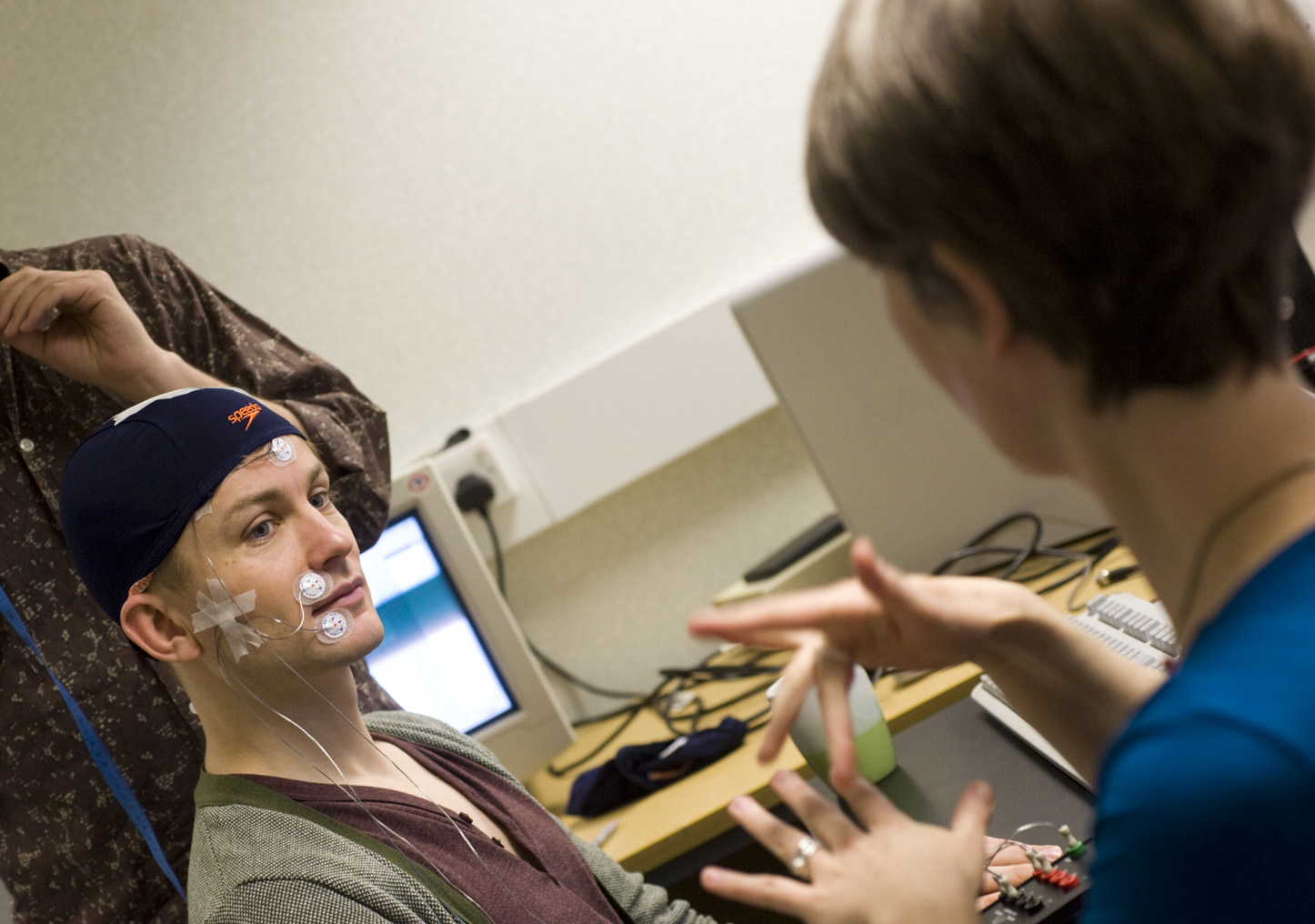Deafness Cognition and Language Research Centre (DCAL)
Volunteer with DCAL
Discover the opportunity to contribute to groundbreaking research at DCAL. Whether you're interested in participating in our studies or assisting as a volunteer, your involvement is invaluable. Your participation helps advance our understanding in linguistics, psycholinguistics, and language development within the context of deafness and sign language. Join us in making a difference!
 Close
Close






